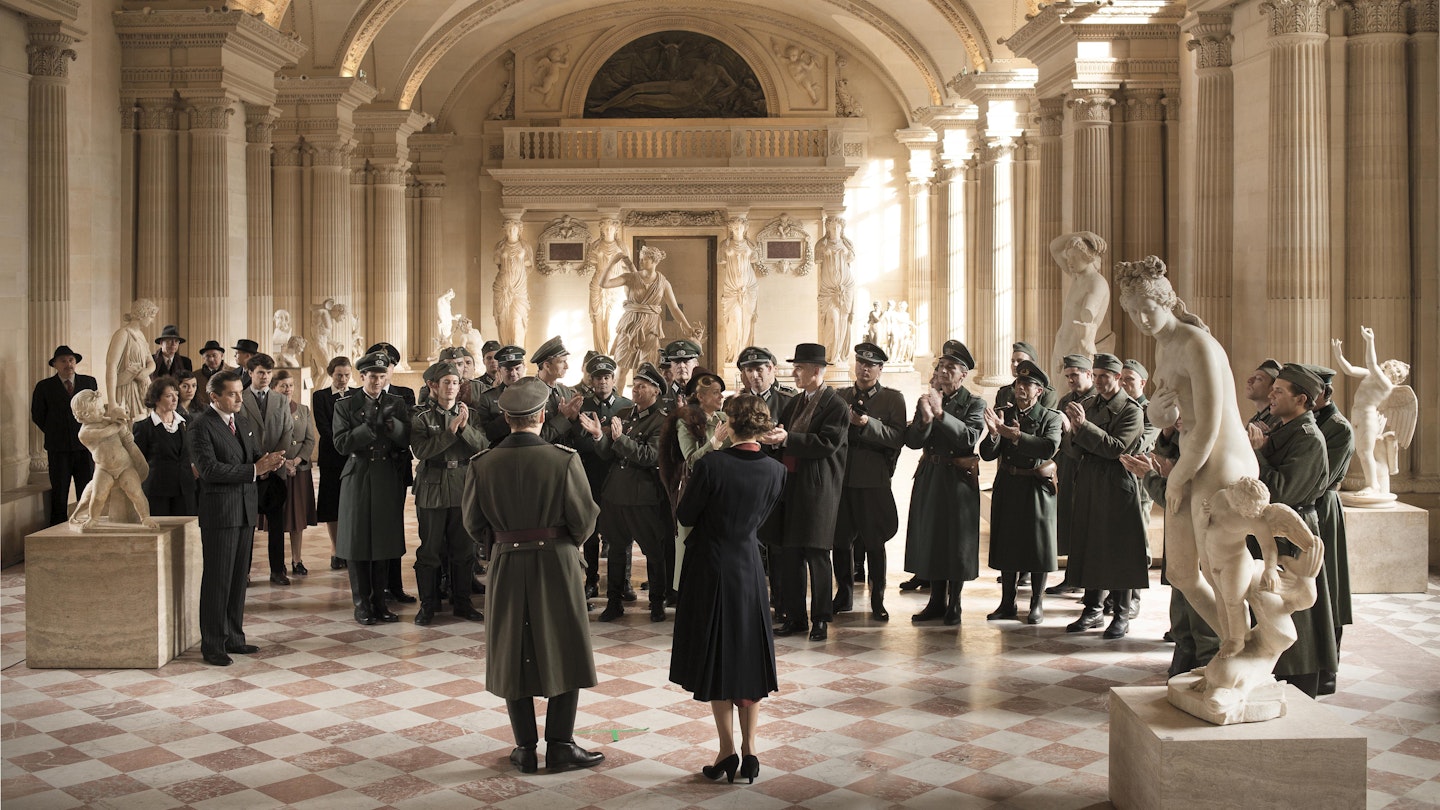The dramatic reconstruction has become a fixture of recent documentaries, but Alexander Sokurov invests his staged reality with genuine artistry in this dissertation on the relationship between art and power. It turns around the conspiracy hatched by a French civil servant and a German count to prevent the Nazi hierarchy from looting a conquered nation's treasure houses. But, as always with Sokurov, this highly personal picture defies a superficial reading. Subtitled An Elegy For Europe and inspired by Théodore Géricault's painting The Raft Of The Medusa, it also contains a condemnation of ISIL's wilful destruction of ancient artefacts in Iraq and Syria, a lament for the refugee crisis and the fragmentation of the continent, and a veiled critique of the Kremlin's persistent interference in the affairs of its neighbours.
Makes a worthy companion to the majestic Russian Ark.
In addition to directing, Sokurov also provides a mournful narration that is periodically interrupted by Skype chats with a Dutch skipper whose boat is in such difficulties in the mid-Atlantic that he contemplates ditching his cargo of artworks due for restoration. According to Sokurov, countless masterpieces could be lying on the ocean bed, lost in transit as the spoils of war seized by tyrants-turned-heroes like Napoléon Bonaparte (Vincent Nemeth), who strides around the Louvre with allegorical goddess Marianne (Johanna Korthals Altes) taking credit for enriching French culture through his conquests. But, thanks to Jaujard and Wolff-Metternich, the museum was spared and Sokurov compares its fate with that of the Hermitage in Leningrad, as he muses on Russia's relationship with the rest of Europe.
Technically, this is ambitious and accomplished and makes a worthy companion to the majestic Russian Ark. But it's as much a film of ideas as images and it dazzles and provokes.
